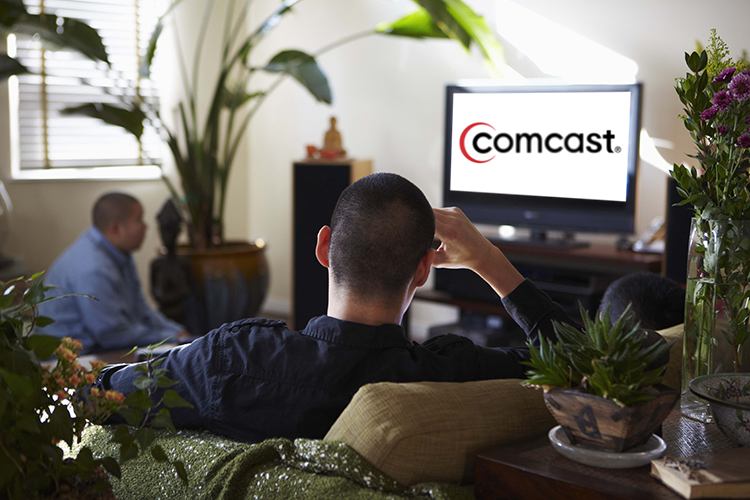For Christ's Sake, Comcast

It was only three days ago that I wrote a post covering Comcast’s recent issues in the area of customer service. Three days. In that time, two more stories have popped up that are less than flattering for the company.
The first involves Comcast customer Aaron Spain, who called the provider hoping to cancel his service. Let’s be real: this is a call no one likes to make. We saw with the Ryan Block call that you’ll likely be pressed to retain your service. Reps will throw deals at you in hopes you won’t quit. Questions will be asked, like “Why cancel? Don’t you want the blazing fast speeds Xfinity Internet has to offer?”
But Aaron Spain didn’t even get the chance to be sold to or interrogated. Instead, he was put on hold. For three hours. On hold so long that the Comcast customer service center actually closed for the evening. Customer service representatives could have been at home tucking their kids in or watching awful reality TV (through Xfinity, of course), with Aaron Spain still waiting on hold for help that would never come.
Unacceptable.
Then there’s the story of Dann Furia, who, thank the stars, was able to make it a bit further through the process and actually cancel his service. If you’ve ever left a cable company, you know the routine — you call, you cancel, and you return any equipment you have so you don’t get charged. Dann returned his equipment to Comcast. He did it on time, and he documented every step to prove it. The initial call? Recorded. The return receipt? Signed by a Comcast technician. It seems Dann covered all the bases.
But lo and behold, the next bill Dann got from Comcast included $360 in “Unreturned Equipment Fees.”
There is an obvious “disconnect” between Comcast Corporate and its call centers; a gap in between the expectation of rainbows-and-unicorns customer service, and the type of experience that’s actually taking place. Frank Eliason, famous for creating the @ComcastCares Twitter handle, knows this.
“[Management] is not listening. [They’re] not listening to our customers and not listening to our agents,” Eliason said in an interview with Real Business.
“I saw a quote from a senior leader at Comcast saying, “This is not what we’re about.” But then they had quotes from employees that stated otherwise. Huge disconnect. That disconnect happens because they’re not hearing what that agent experience really is.”
Eliason, of course, assumes that executives would care enough to change things if they only knew what was going on. But Comcast’s poor customer support isn’t a surprise story — the company has been a consistent winner of “Worst Customer Service” awards. The 2014 Temkin Ratings scored the company at a 22%, which was by far the worst rating. But Comcast wasn’t alone as far as bad cable customer service goes: Time Warner Cable nabbed a 28%.
Those two companies, by the way, hope to merge in the near future.
I’m thinking that these stories aren’t just a big coincidence. They likely happen all the time, but the other recent tales of customer service failure have shone a spotlight on this traditionally weak area. The higher-ups at Comcast will continue to apologize, but the odds of things changing are probably low. And in the meantime, those same executives will attempt to game the system and obliterate any shot at competitive cable and Internet markets in many areas.
Limiting competition is pretty anti-consumer behavior. We could say we didn’t see it coming, but…